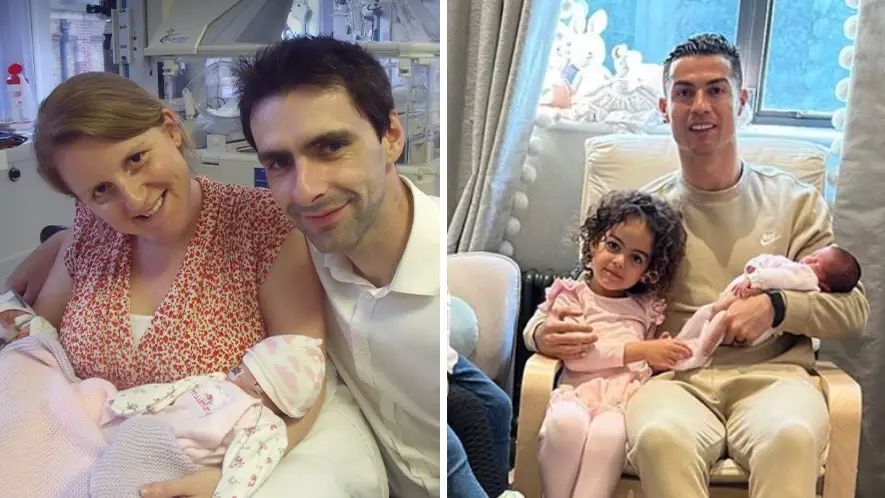
Earlier this week, fans were shocked and saddened to hear that Cristiano Ronaldo and Georgina Rodriguez had tragically lost their baby boy after welcoming his twin sister.
For Sarah Miles, this story was all too familiar for her. In 2011, Sarah gave birth to identical twin girls Eva and Charlotte at just 28 weeks old.
Following surgical complications, Eva sadly didn’t survive.
“My heart goes out to Cristiano and Georgina,” Sarah, who works with charities Twins Trust and The Smallest Things, tells Tyla. “I feel really, really sad that anyone goes through what I’ve been through. I wouldn’t wish it on anyone.
Advert
“Their story brought back a lot of memories, but then, I don’t think those memories have ever gone away.”
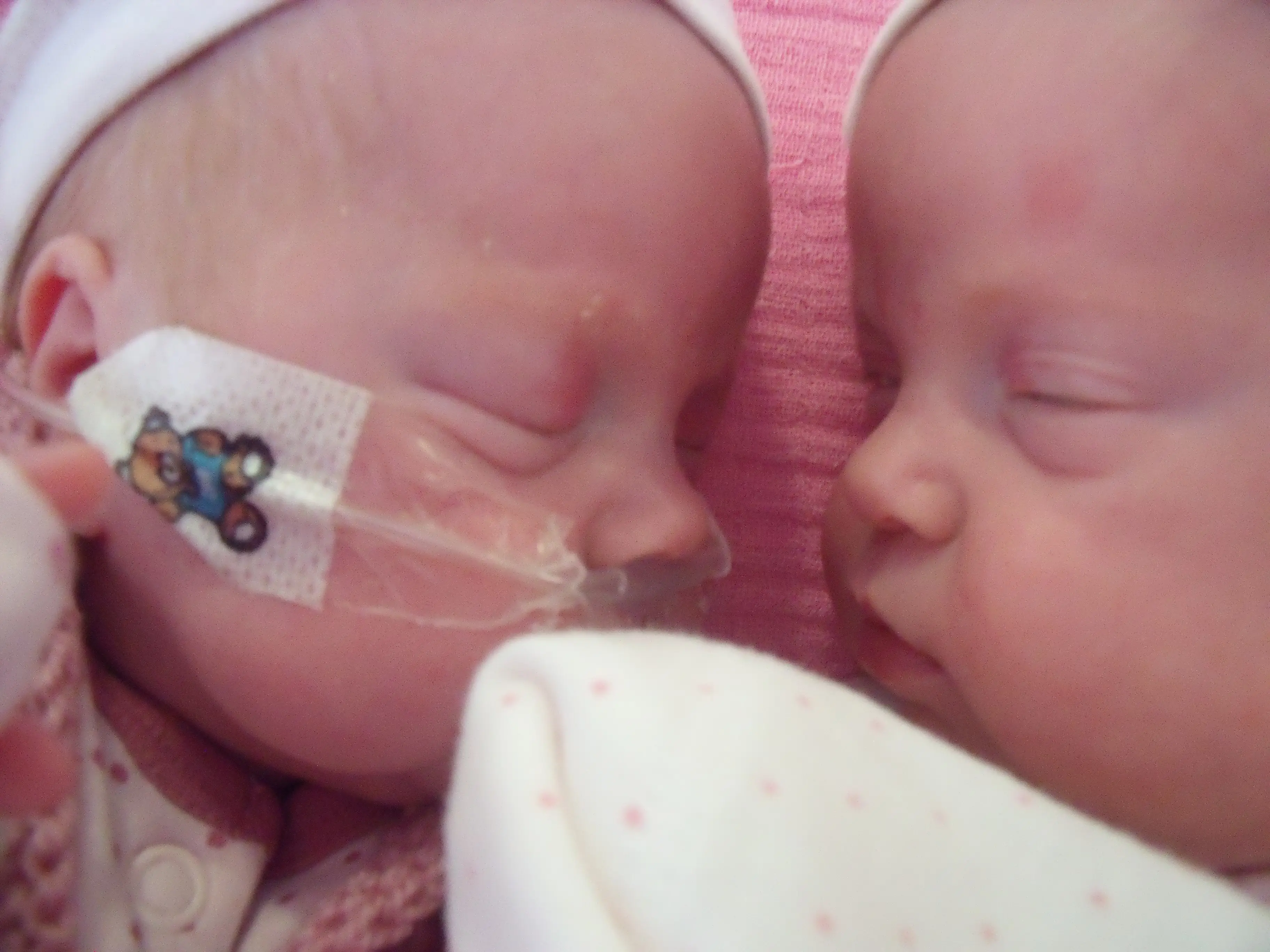
Like many other bereaved parents who have lost a twin while the other survived, Sarah, now 44, had to juggle the delicate balancing act of caring for her newborn daughter Charlotte while still processing the death of her daughter Eva.
“It is only one of those situations that you can only understand, really, if you’ve been through it yourself. When [Eva] died, I found it hard to put the feelings into words because it’s almost like words can’t do justice.”
“At the same time, there’s complete joy and elation and relief that Charlotte was still alive and to have those two feelings simultaneously is such a unique type of grief, that very, very few people can understand, and I don’t blame them.”
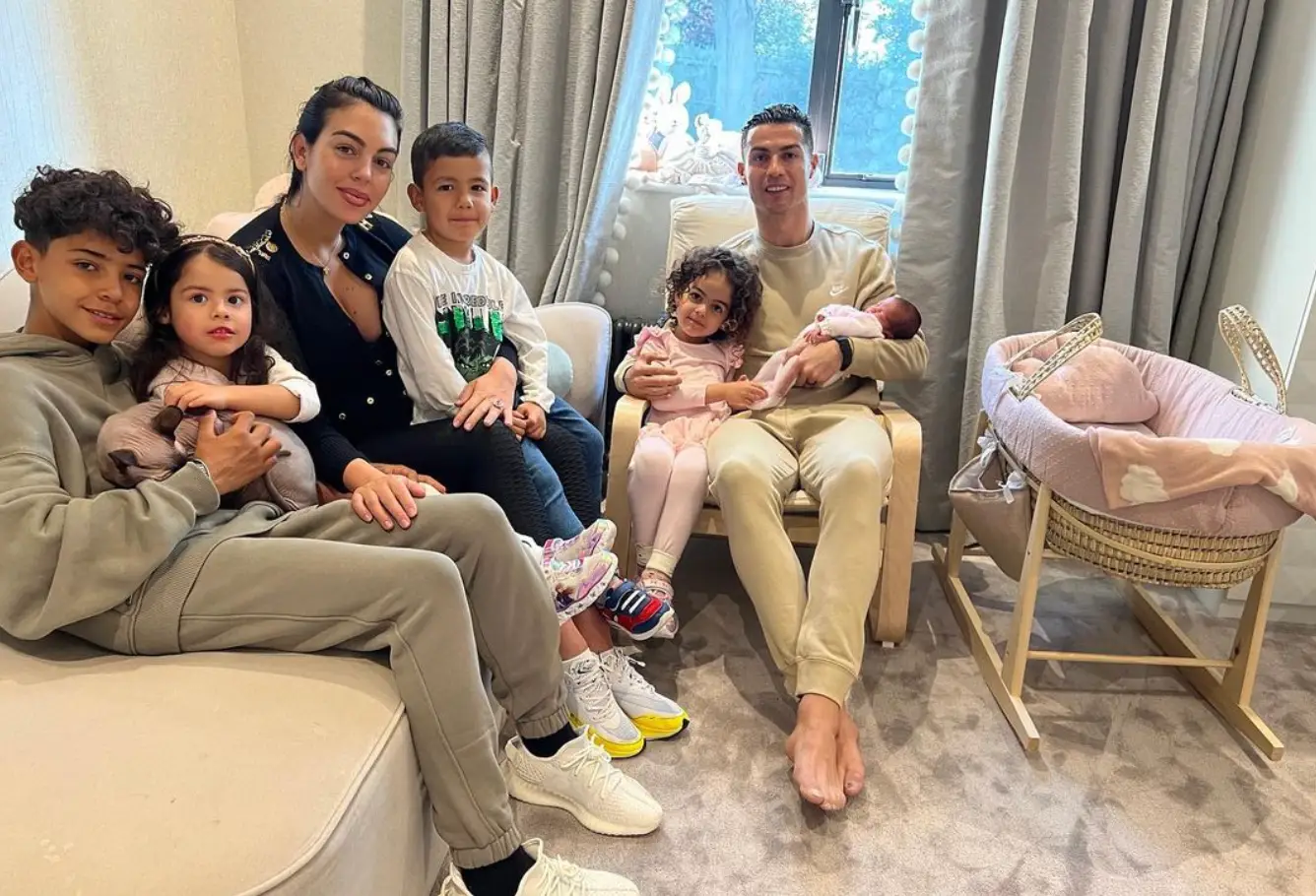
Sarah and her partner were told they were expecting twins at their 12-week scan. “We were ecstatic. Totally unexpected, spontaneous identical twins. It was a complete surprise, but a happy one.”
From that moment on, Sarah called herself a ‘twin-mum’ - and still does.
“As soon as I found out I was having twins, I imagined my entire life and their entire life. When we found out we were having girls, I imagined two girls on their first day at primary school, and two girls going off to university.”
Soon after, Sarah was diagnosed with polyhydramnios - a condition in which there is an excessive build-up of amniotic fluid. “I was huge and in quite a lot of pain. I was having regular scans to try and monitor this and find out why.”
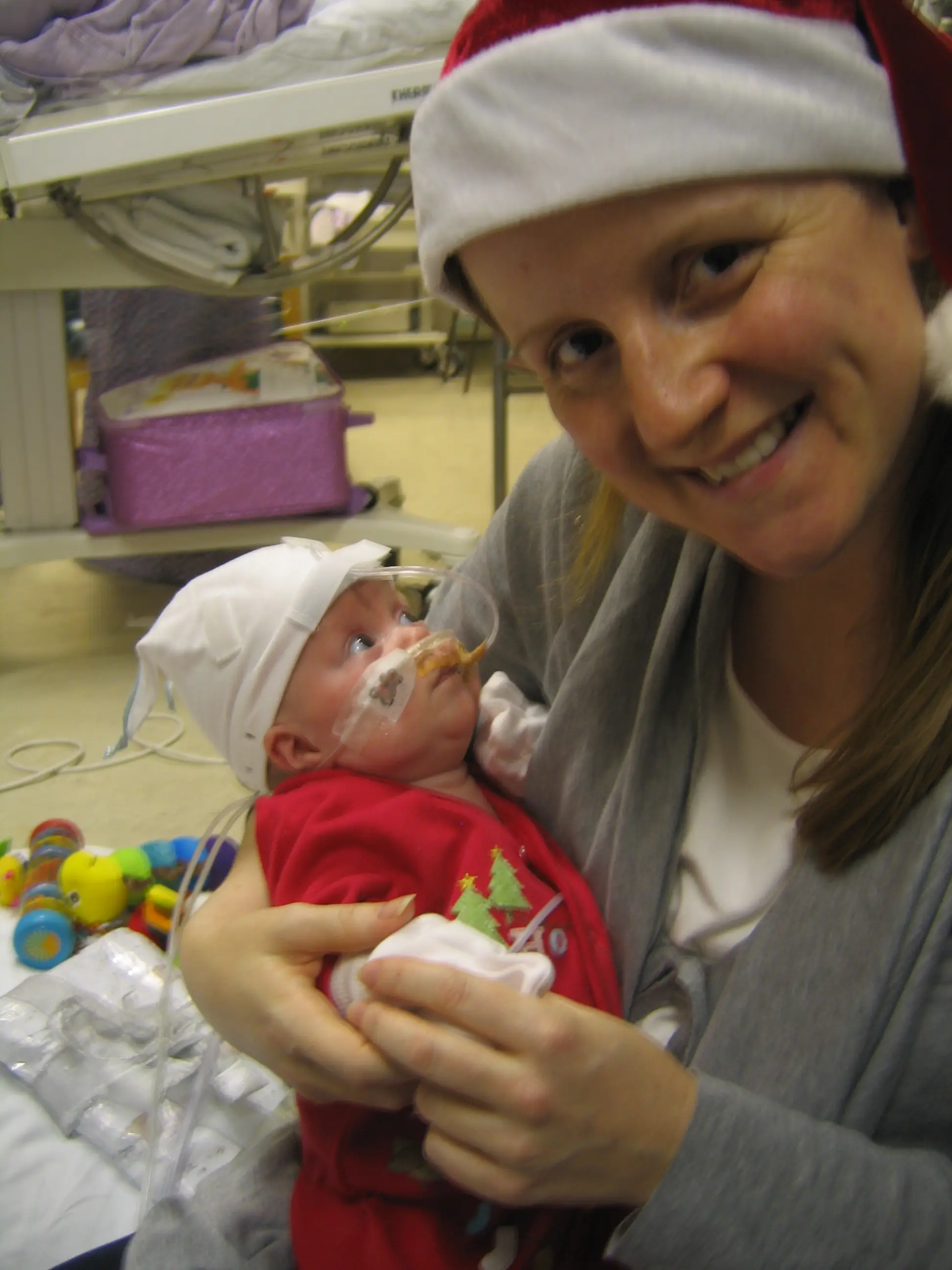
Just as Sarah was due to go into hospital for amniotic drainage, “my waters broke at 28 weeks exactly from the sheer pressure and I ended up having an emergency C-section,” she told us - which was just the start of ‘a really intense, scary time’".
Both of their babies were whisked off to the neonatal unit at Queen Charlotte’s Hospital in London while Sarah underwent a blood transfusion after losing a significant amount of blood in surgery.
When Eva, her smallest baby who weighed just 2.17 pounds, was finally diagnosed with a rare condition called Oesophageal Atresia (OA) and Tracheo-Oesophageal Fistula (TOF) - in which baby is unable to swallow food or saliva - she was then transferred to Chelsea and Westminster Hospital to have the life-saving operation.
With Eva and her dad now on their way to another hospital and being given just a 50/50 chance of survival, whilst Charlotte, who weighed a still dinky 2.65 pounds, was still upstairs in intensive care, Sarah was left in the hospital alone.
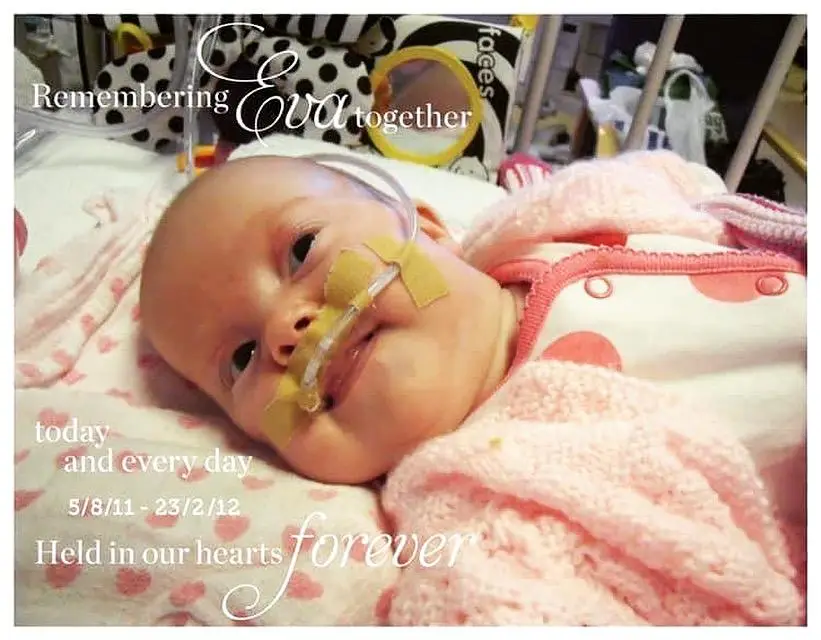
“Charlotte was on a different floor and I still couldn’t walk, so it was really difficult getting to her, which was really upsetting.
“When I did get to her, I was looking in an incubator at honestly what looked like a bird, she didn’t even look like a baby cause her limbs were so tiny and the skin was so saggy cause there was no fat,” she admitted.
Eventually, after Sarah was discharged, the pair were able to be reunited with Eva, who survived the first surgery, and her father at Chelsea and Westminster Hospital. But all four of them were rarely in the same room together.
“This is the thing about having twins [who are premature], it’s a bit of a double hit because you have two babies and they’re in different rooms having different treatments at different times and you’re literally torn between the two.”
Eva underwent other surgeries, but the medical staff were still unable to correct the root cause of her oesophageal problem. “Despite all of that, she did really well. She was developing, she was thriving, she had head control and she started to babble.”
When the twins were six months old, Eva underwent her final, major surgery to move her stomach into the correct place. For Sarah and her partner, what followed could only be described as ‘absolute devastation, despair and grief’.
![“This is the thing about having twins [who are premature], it’s a bit of a double hit because you have two babies and they’re in different rooms having different treatments at different times and you’re literally torn between the two." (Sarah Miles).](https://resizer.ladbiblegroup.com/unsafe/rs:fit:3840:0:0:0/g:sm/q:70/aHR0cHM6Ly9ldS1pbWFnZXMuY29udGVudHN0YWNrLmNvbS92My9hc3NldHMvYmx0OGJiZjE2YzJkN2EyMDllNS9ibHQzNjM3M2Y0M2UxMjQxYmU5LzYyNjJiYmNjODYxZDZkMGY5NDE4ZTE4ZS9EU0NGMzUxOS5KUEc.webp)
“When she came out of that surgery, we were told it had gone really well, but she didn’t wake up from the sedation for a long time. We had tests and MRIs and it had transpired that she had suffered global brain damage during or after surgery.”
Despite this devastating news, Sarah and her partner were able to bring Eva home so that they could spend her final days altogether - which Sarah was grateful for.
“We were able to bring her home, which was a good thing. We brought her home for a few days, then she died in our arms one morning.”
Eva sadly died at just six and a half months old.
“She actually lived for longer than I was pregnant with her, which always blows my mind,” Sarah recalls.
Nina Doyle, 43, tragically lost her twin babies Liam and Grace in 2018, and now supports other bereaved parents by collecting prints for babies and making memory boxes through Ireland-based charity Féileacáin.
She hopes that Georgina and Cristiano are able to access the same support following the loss of their baby boy: “I’m hoping that’s what they were able to do because those memories are absolutely priceless, they’re worth their weight in gold and I hope they’re getting them.”
Although Sarah did have a grief counsellor, who helped her all the way through to her subsequent pregnancy with her 'rainbow baby' Iris, it was speaking to someone at Twins Trust who had gone through a similar experience which is ‘the thing that helped me the most’.
“The baby loss community is sadly quite big, and that really helped me, [speaking to people] about what they went through - just that feeling of not being alone."
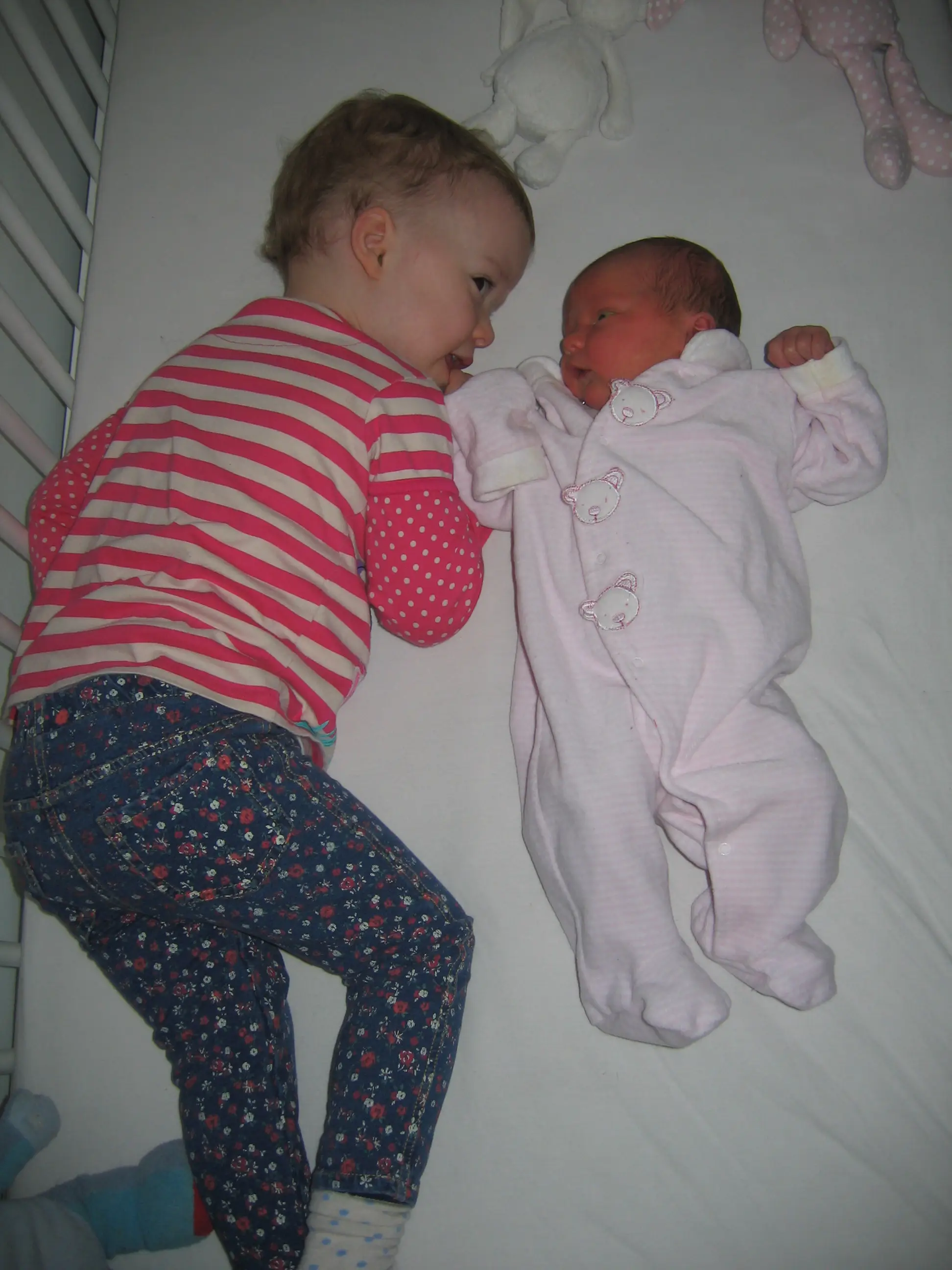
One of the hardest things, says Sarah, is that friends would "coo over Charlotte but not mention Eva. and that’s so hurtful and upsetting."
Even something as simple as remembering the baby’s name can be enough to remind parents that their child and their loss is significant, Sarah explains.
“Say their name, if you know it. If you say the name of their baby, you’re not reminding the parent that they’ve died - they’ll never forget that. You’re actually helping them remember that they lived, or that they were born, and that they existed, even for a while.”
Pauline Woods MBE, founder of Born Too Soon, who also lost two sons of her own, Jack and Tom, says: “If you don’t know what to say to someone [whose baby has died], say, ‘I’m sorry, I don’t know what to say to you’ or ‘how can I help?’, but don’t ignore the person. It’s really important that they’re acknowledged and that it’s spoken about.”
For support surrounding the grief of twins, triplets or multiple births, visit the Twins Trust bereavement page here.
You can donate to Twins Trust here, and to Born Too Soon here.
